If your kitchen sink water is not hot, the first thing you should check is your water heater. This is the most common cause of hot water problems in households. Make sure the water heater is turned on and functioning properly. If it is an electric water heater, check if the circuit breaker has tripped. For a gas water heater, make sure the gas valve is turned on and there is enough supply of gas. If everything seems to be in order, move on to the next step.Check the water heater
The thermostat is responsible for regulating the temperature of your water heater. If it is set too low, your water may not be hot enough. On the other hand, if it is set too high, it could be a safety hazard. Make sure the thermostat is set to the recommended temperature and adjust it if necessary. If the thermostat is faulty, it may need to be replaced.Check the water heater thermostat
If you have a gas water heater, the pilot light is what ignites the gas to heat up the water. If the pilot light is out, your water will not heat up. Check to see if the pilot light is lit and if not, follow the instructions on your water heater to relight it. If the pilot light keeps going out, it could be a sign of a bigger issue and you may need to call a professional.Check the water heater pilot light
If you have a gas water heater, it is important to make sure that there is enough supply of gas for it to function properly. Check the gas valve to see if it is turned on and if the gas line is connected securely. If there are any leaks in the gas line, it could be a dangerous situation and you should call a professional immediately.Check the water heater gas supply
For an electric water heater, make sure the circuit breaker is not tripped and that the electrical supply is functioning properly. If the circuit breaker keeps tripping, it could be a sign of an electrical issue and you should call a professional to inspect it.Check the water heater electrical supply
If your water heater has a temperature setting, make sure it is set to the recommended temperature. If it is too low, your water may not be hot enough. If it is too high, it could be a safety hazard. Adjust the temperature setting accordingly and wait for the water to heat up.Check the water heater temperature setting
For an electric water heater, the heating element is responsible for heating up the water. If it is faulty, your water may not be hot. You can test the heating element with a multimeter to see if it is functioning properly. If it is not, it will need to be replaced.Check the water heater heating element
The dip tube is responsible for directing the cold water to the bottom of the water heater tank where it can be heated. If the dip tube is broken or damaged, it can affect the overall temperature of the water. Check the dip tube and if it is damaged, it will need to be replaced.Check the water heater dip tube
The anode rod is a sacrificial rod that is responsible for protecting the water heater tank from corrosion. If the anode rod is completely corroded, it will need to be replaced. This could be the cause of your water not being hot enough.Check the water heater anode rod
Sediment buildup is a common problem in water heaters, especially if they are not regularly maintained. Over time, sediment can accumulate at the bottom of the tank and affect the efficiency of the water heater. It is important to drain and flush your water heater regularly to prevent sediment buildup. If there is a significant amount of sediment, it may be necessary to call a professional to clean the tank. In conclusion, there are several things to check if your kitchen sink water is not hot. By following these steps and troubleshooting the potential issues with your water heater, you should be able to identify and fix the problem. However, if the issue persists, it is best to call a professional plumber to ensure that your water heater is functioning safely and efficiently.Check the water heater sediment buildup
Kitchen Sink Water Not Hot? Here's How Your House Design Could Be the Cause

The Importance of Hot Water in Your Kitchen
/water-overflowing-in-kitchen-sink-200553937-001-5797e6335f9b58461f5a6736.jpg) Hot water is an essential component in any kitchen, from washing dishes to preparing meals. So it can be quite frustrating when you turn on your kitchen sink faucet and only get lukewarm or even cold water. Not only is it uncomfortable, but it can also make daily tasks more difficult and time-consuming. Before you call a plumber, it's important to understand that the problem may not necessarily lie with your plumbing system, but rather with your house design.
Hot water is an essential component in any kitchen, from washing dishes to preparing meals. So it can be quite frustrating when you turn on your kitchen sink faucet and only get lukewarm or even cold water. Not only is it uncomfortable, but it can also make daily tasks more difficult and time-consuming. Before you call a plumber, it's important to understand that the problem may not necessarily lie with your plumbing system, but rather with your house design.
Insufficient Hot Water Supply
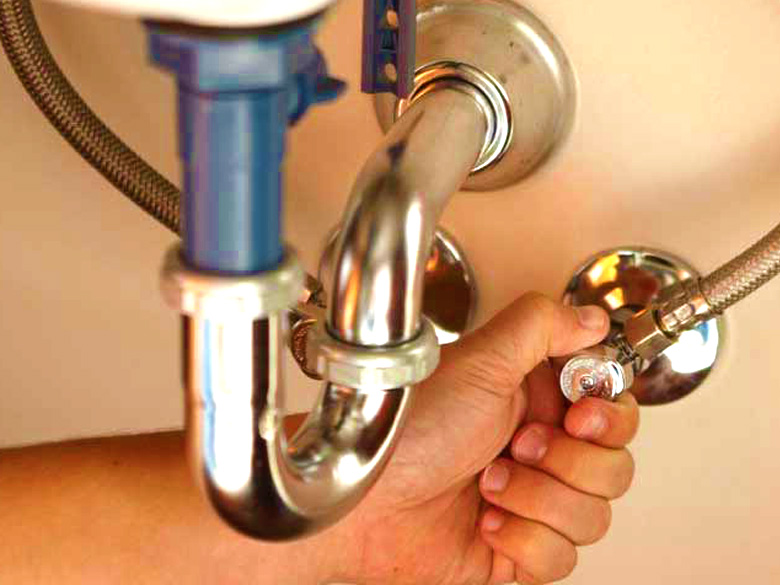 One of the main reasons for kitchen sink water not being hot is an insufficient hot water supply. This could be due to several factors, such as a small water heater, aging pipes, or a lack of insulation in your water tank. If your hot water supply is running low, it could be a sign that your house design is not optimized for efficient hot water distribution. For example, if your water tank is located far away from your kitchen, it may take longer for hot water to reach your faucet, resulting in lukewarm or cold water.
One of the main reasons for kitchen sink water not being hot is an insufficient hot water supply. This could be due to several factors, such as a small water heater, aging pipes, or a lack of insulation in your water tank. If your hot water supply is running low, it could be a sign that your house design is not optimized for efficient hot water distribution. For example, if your water tank is located far away from your kitchen, it may take longer for hot water to reach your faucet, resulting in lukewarm or cold water.
Inefficient Plumbing Layout
 Another common cause of kitchen sink water not being hot is an inefficient plumbing layout. If your kitchen is located far away from your water heater, it may require more piping to reach your sink. This can result in heat loss and lower the temperature of your hot water. Additionally, if your hot water pipes are not insulated properly, the heat may escape before it can reach your sink. A well-designed house should have a plumbing layout that allows for hot water to be efficiently distributed throughout the entire home.
Another common cause of kitchen sink water not being hot is an inefficient plumbing layout. If your kitchen is located far away from your water heater, it may require more piping to reach your sink. This can result in heat loss and lower the temperature of your hot water. Additionally, if your hot water pipes are not insulated properly, the heat may escape before it can reach your sink. A well-designed house should have a plumbing layout that allows for hot water to be efficiently distributed throughout the entire home.
Design Tips for Hot Water Efficiency
 To ensure that your kitchen sink water is always hot, here are some design tips to consider:
- Have your water heater located as close as possible to your kitchen.
- Insulate your hot water pipes to prevent heat loss.
- Install a recirculating pump to keep hot water flowing constantly.
- Consider a tankless water heater for instant hot water.
To ensure that your kitchen sink water is always hot, here are some design tips to consider:
- Have your water heater located as close as possible to your kitchen.
- Insulate your hot water pipes to prevent heat loss.
- Install a recirculating pump to keep hot water flowing constantly.
- Consider a tankless water heater for instant hot water.
Conclusion
 Hot water is a crucial element in any kitchen, and if your kitchen sink water is not hot, it can be a major inconvenience. Before calling a plumber, consider the design of your house and if it is optimized for hot water efficiency. By following these design tips, you can ensure that your kitchen has a reliable supply of hot water for all your daily needs.
Hot water is a crucial element in any kitchen, and if your kitchen sink water is not hot, it can be a major inconvenience. Before calling a plumber, consider the design of your house and if it is optimized for hot water efficiency. By following these design tips, you can ensure that your kitchen has a reliable supply of hot water for all your daily needs.
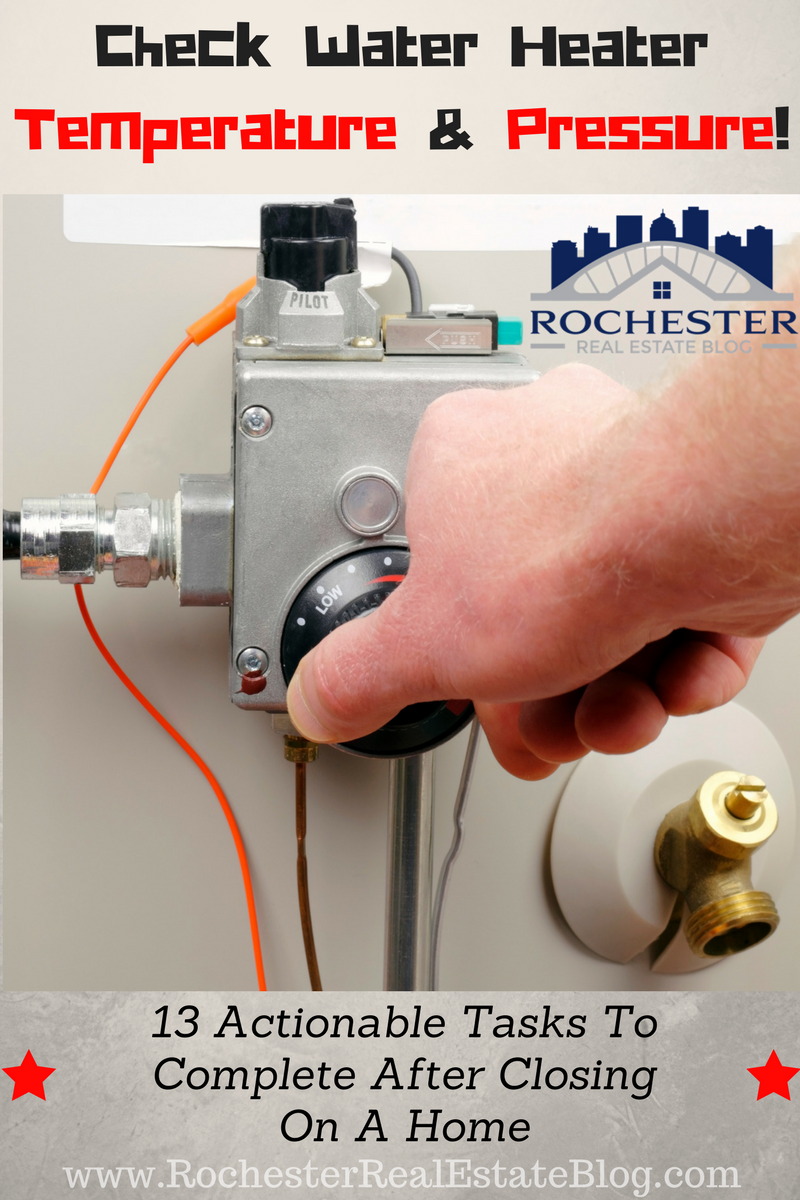
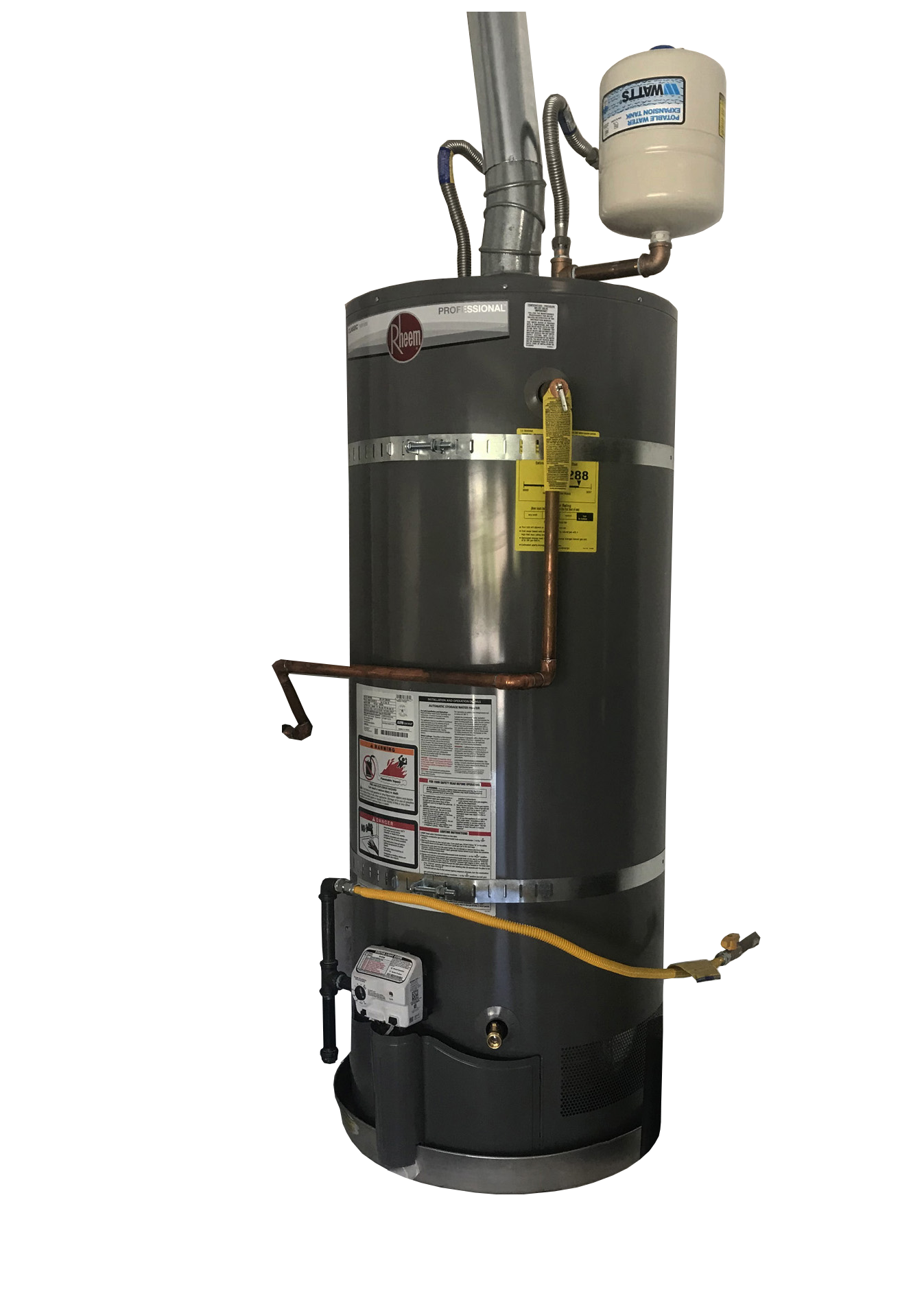


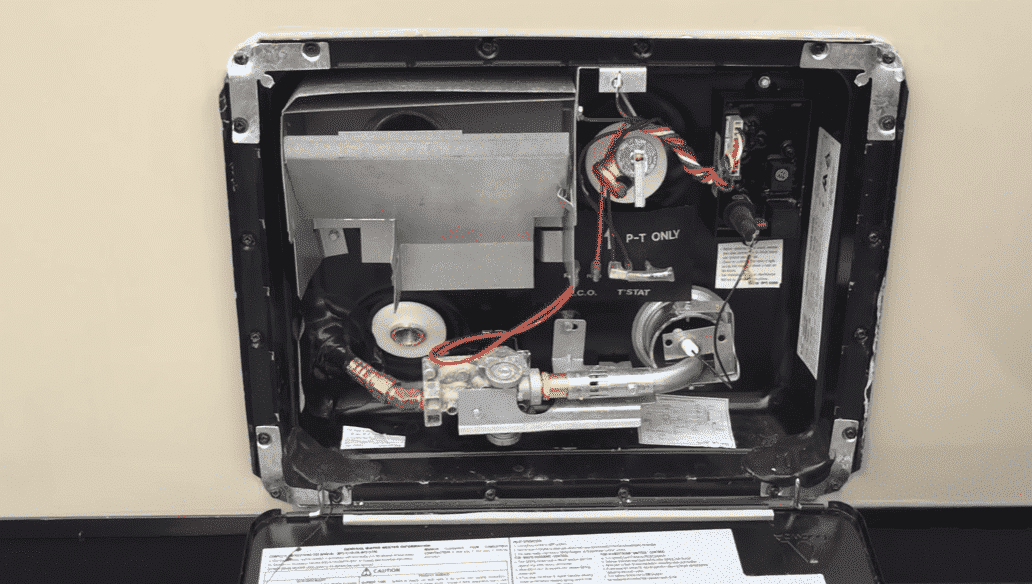

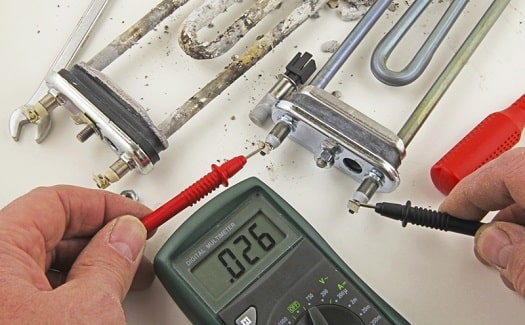

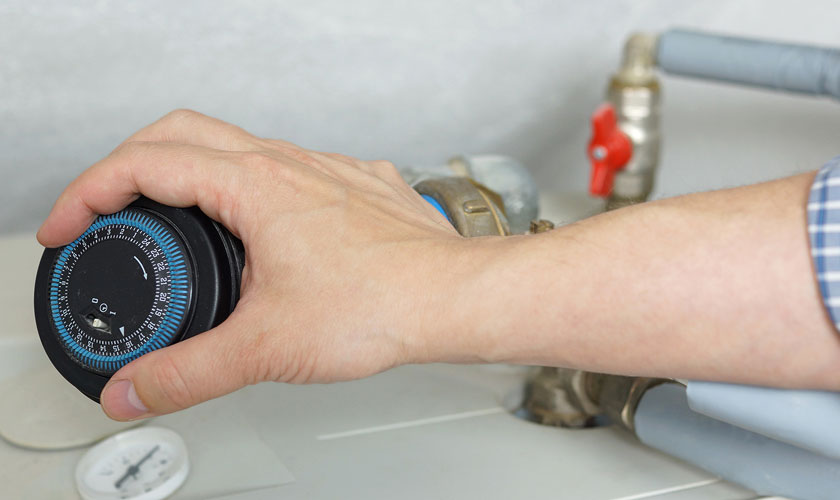
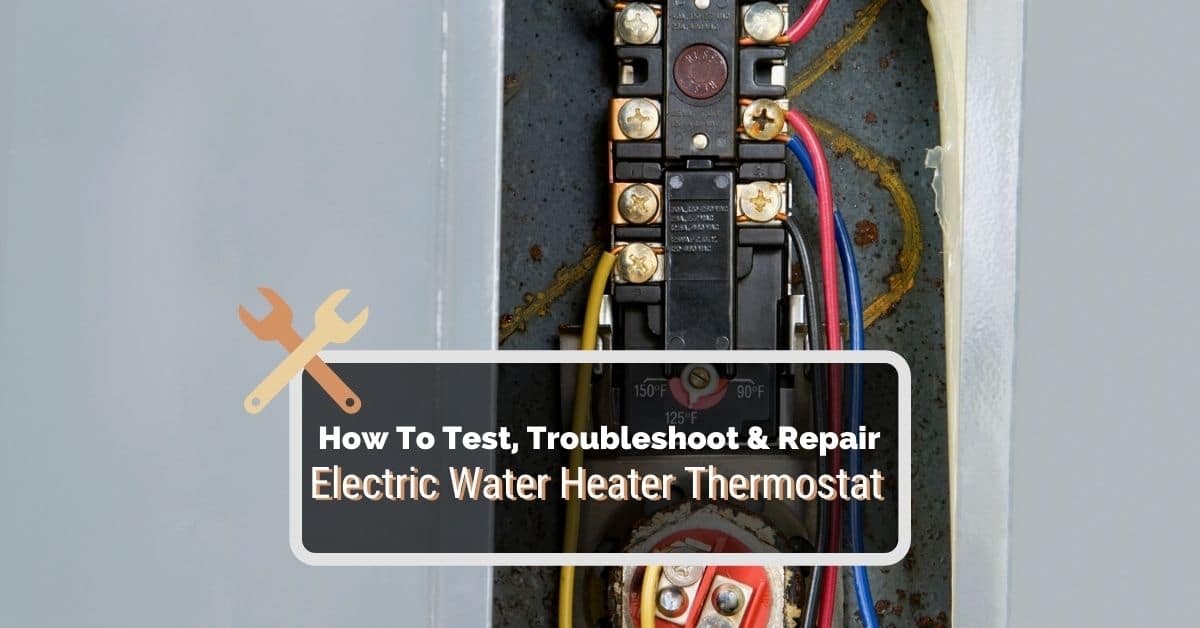


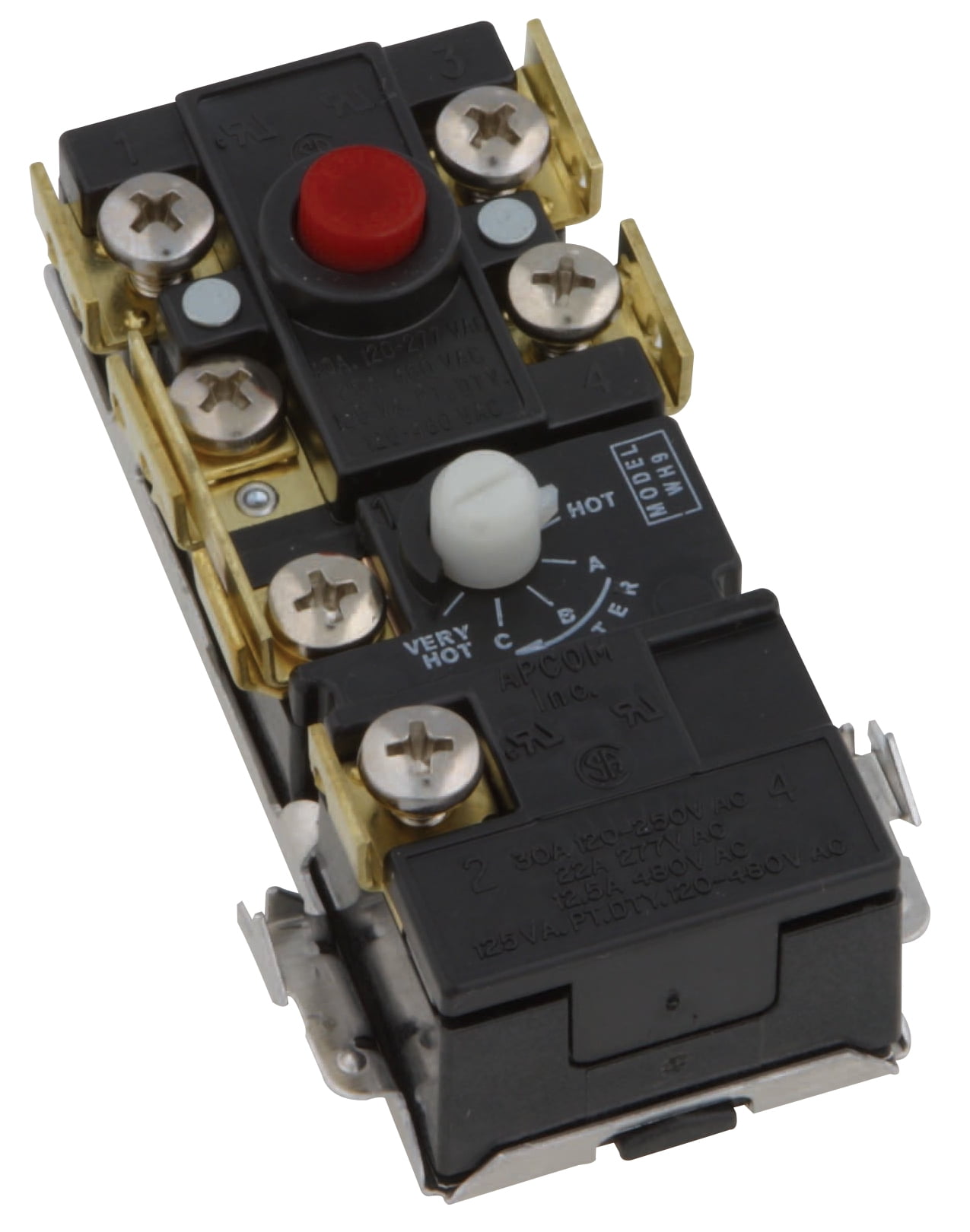

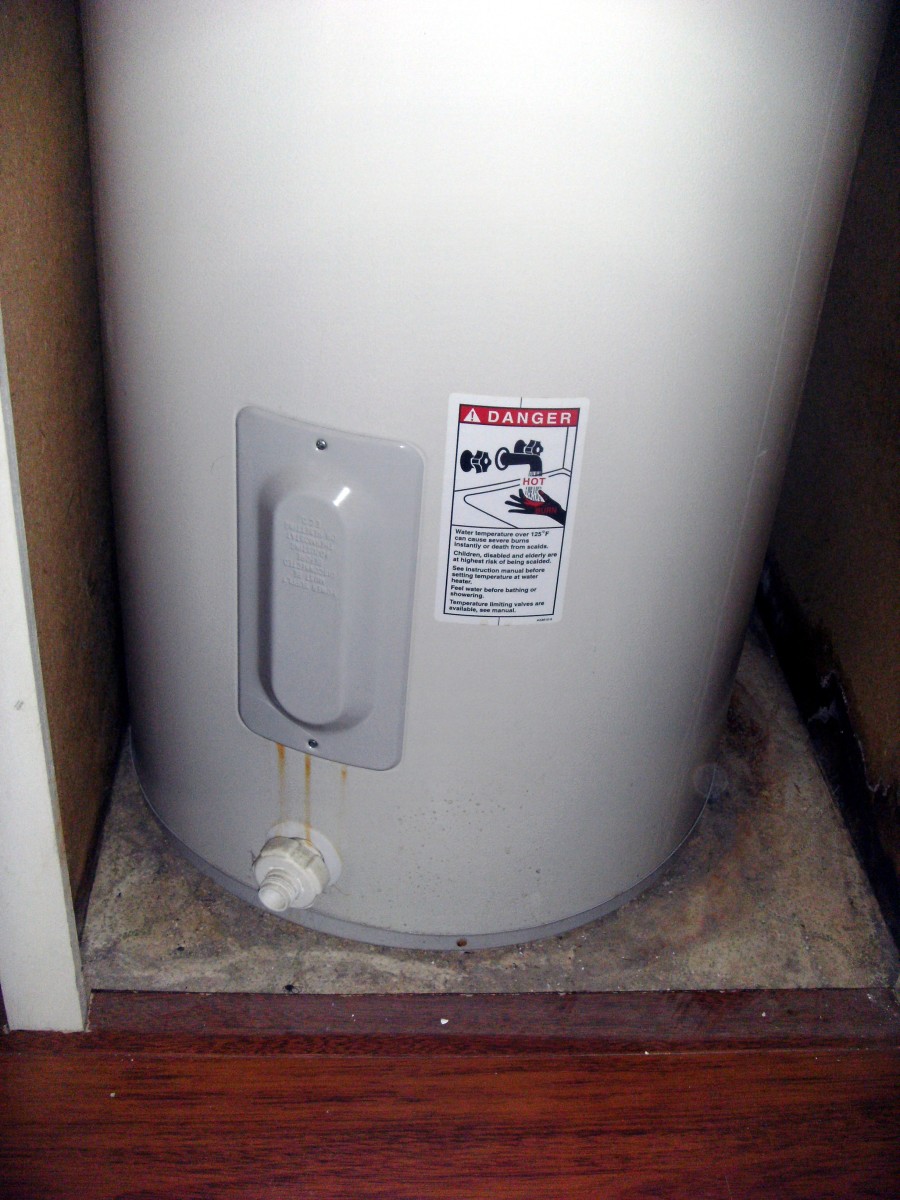

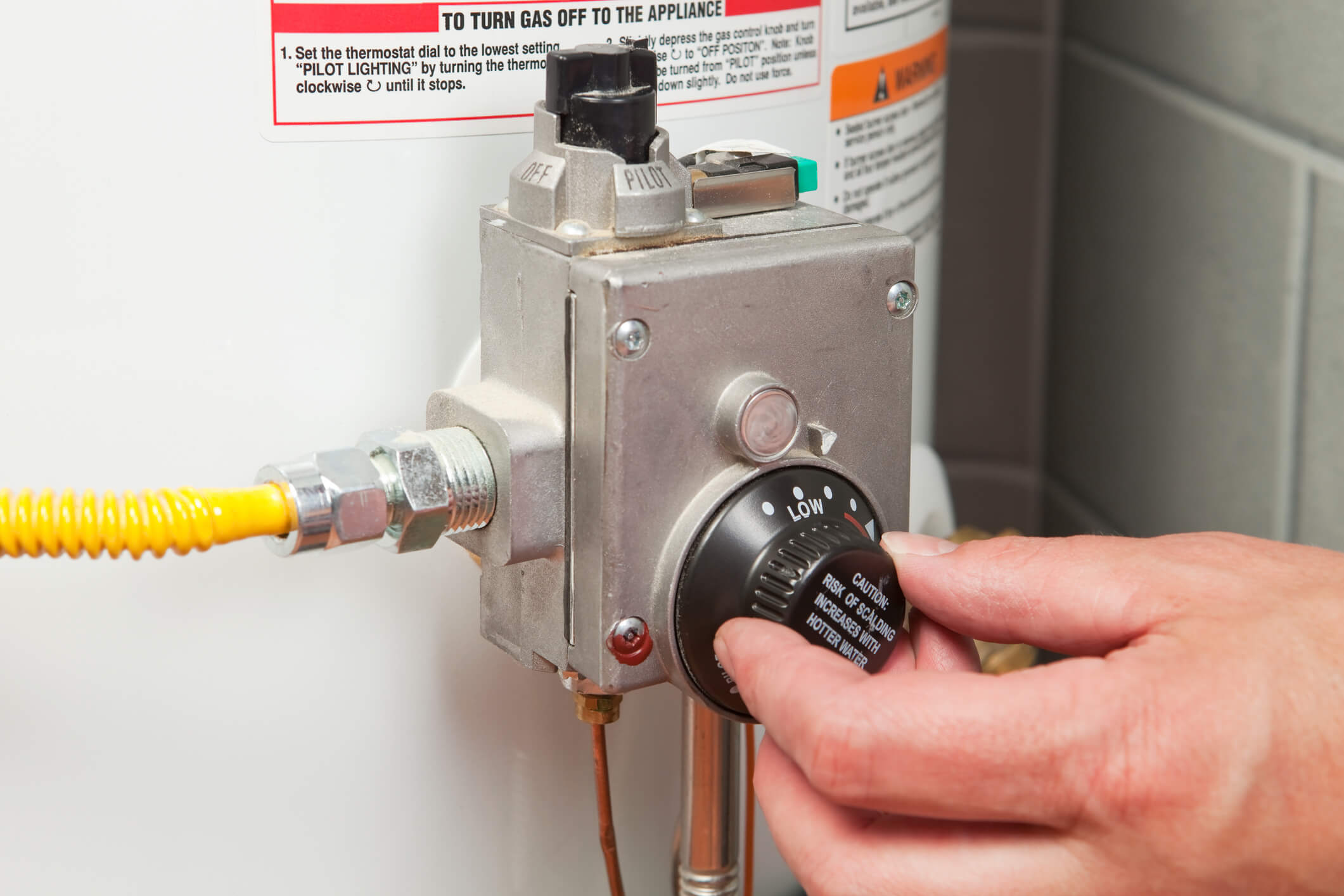



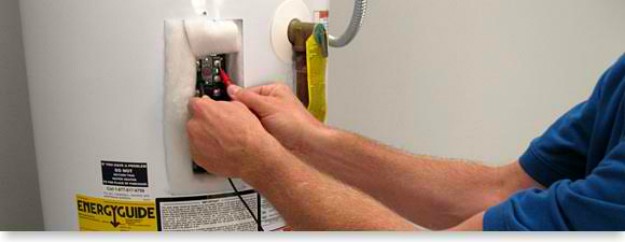






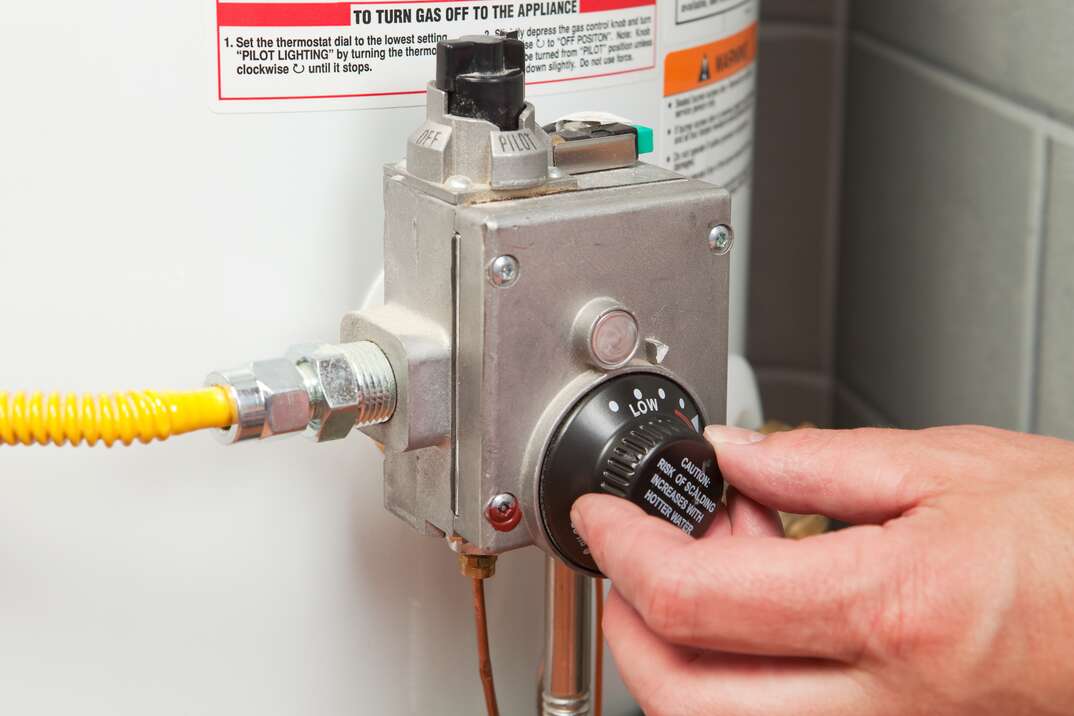
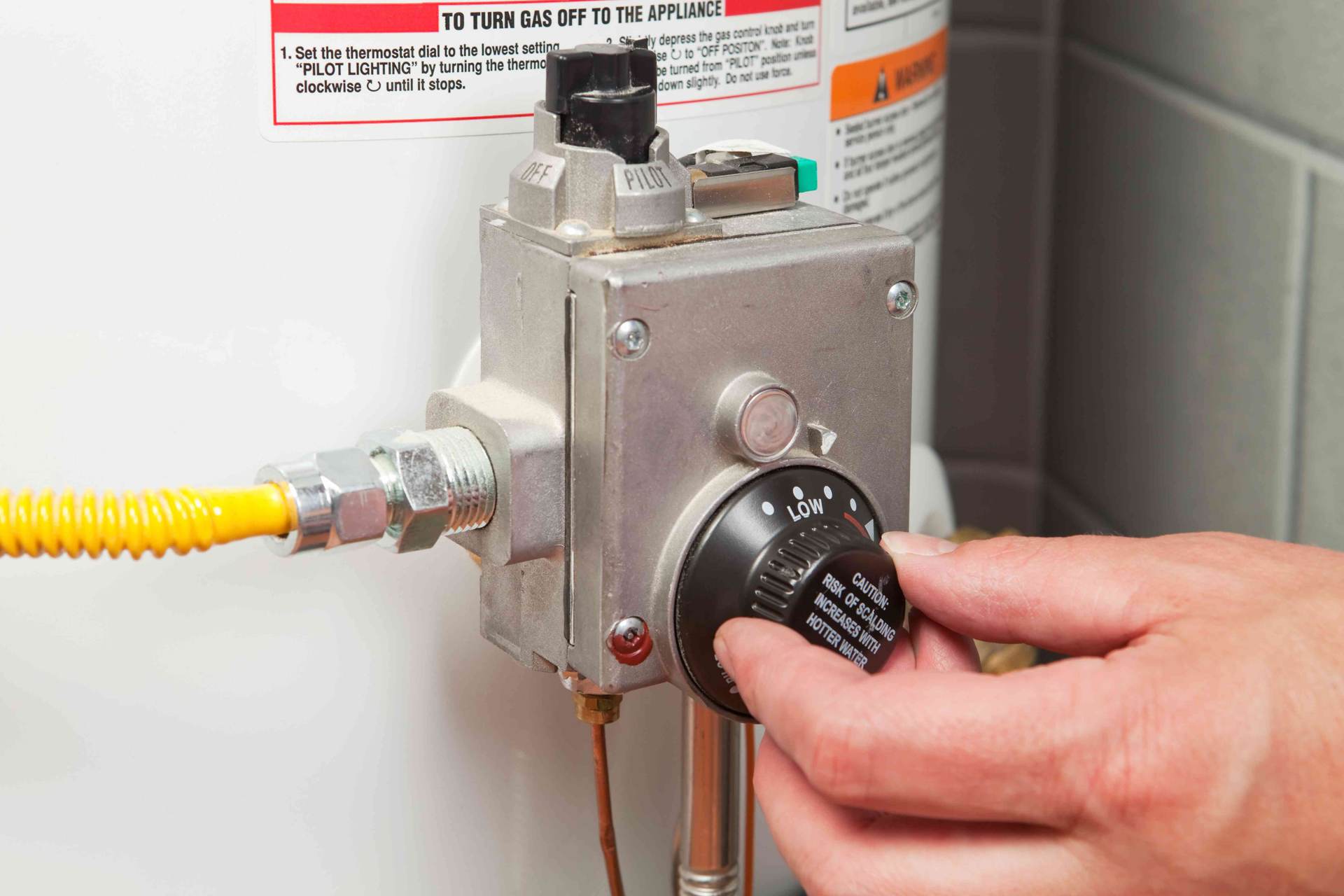


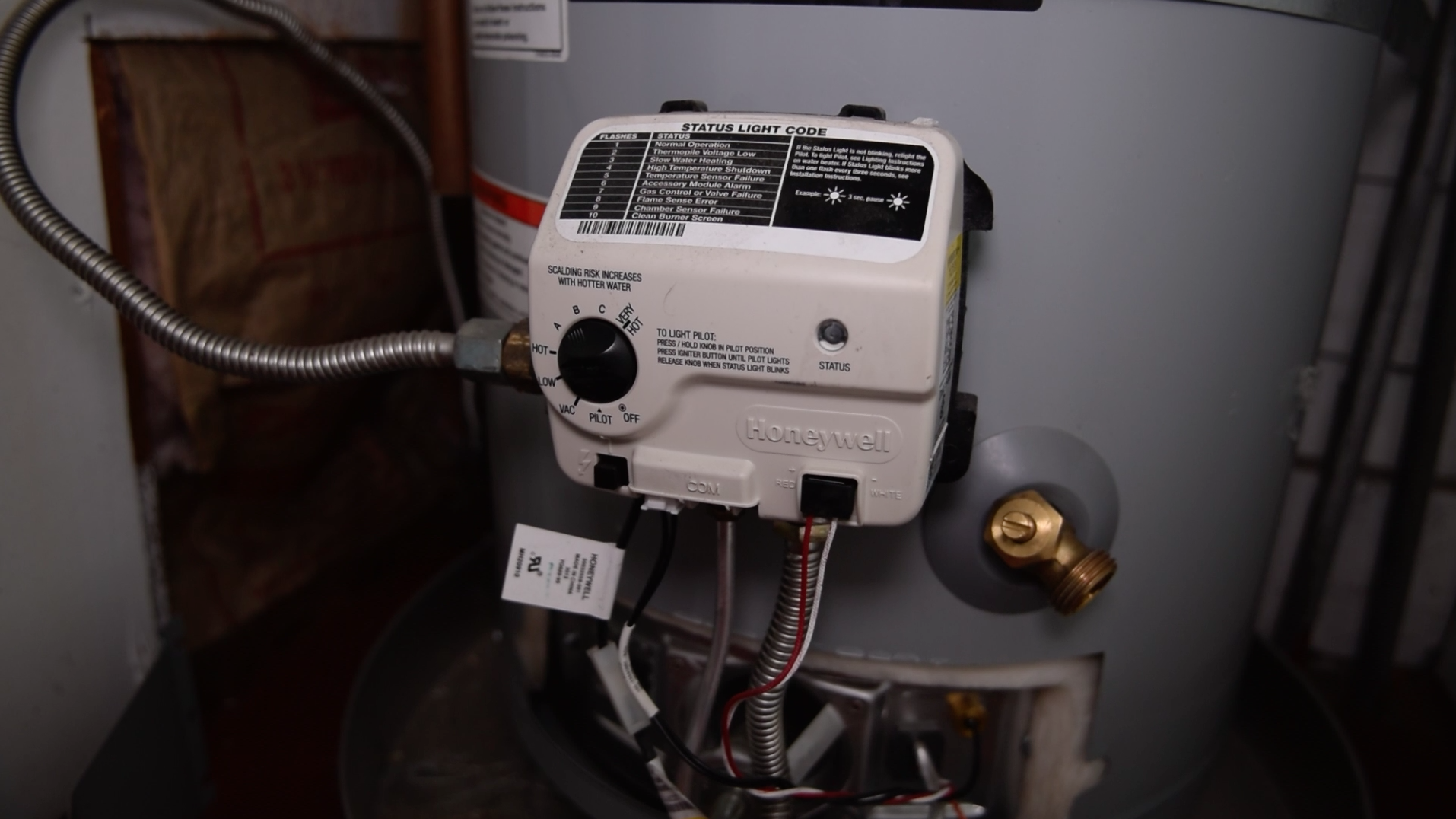




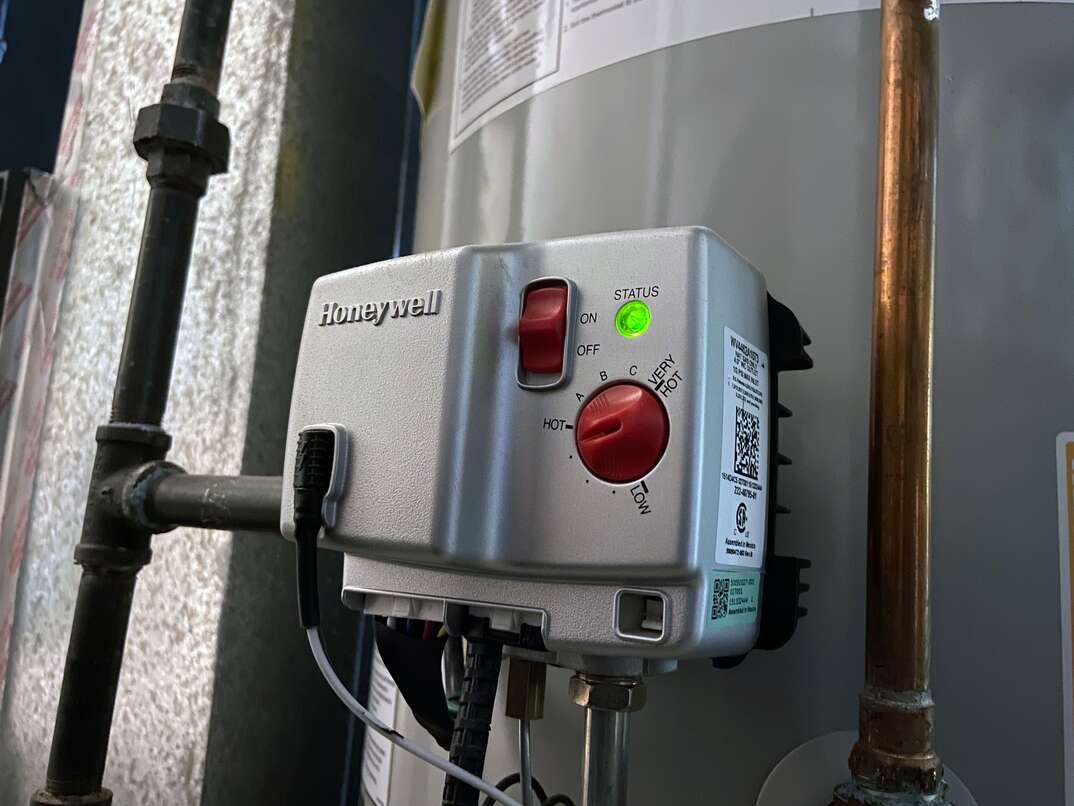



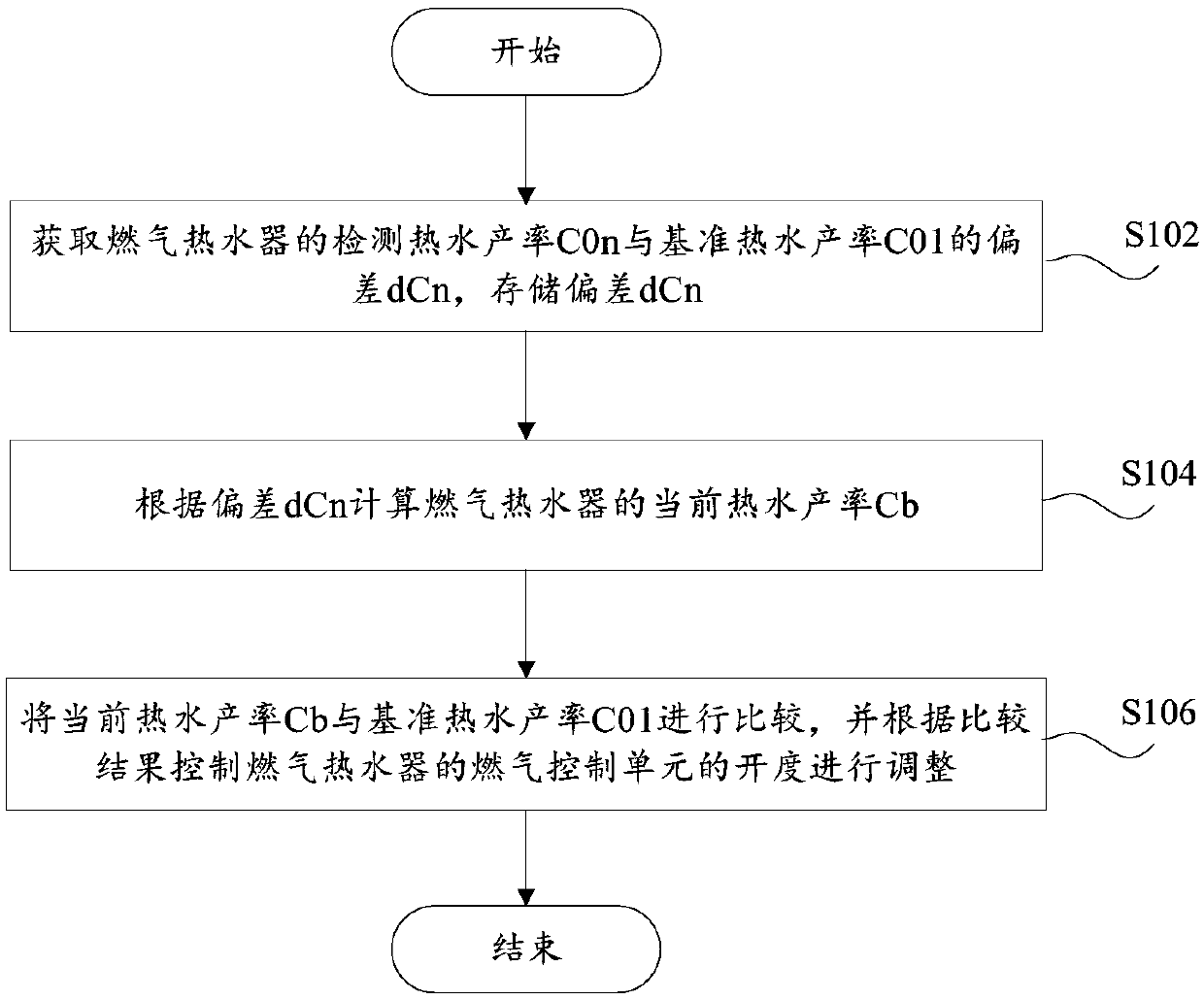




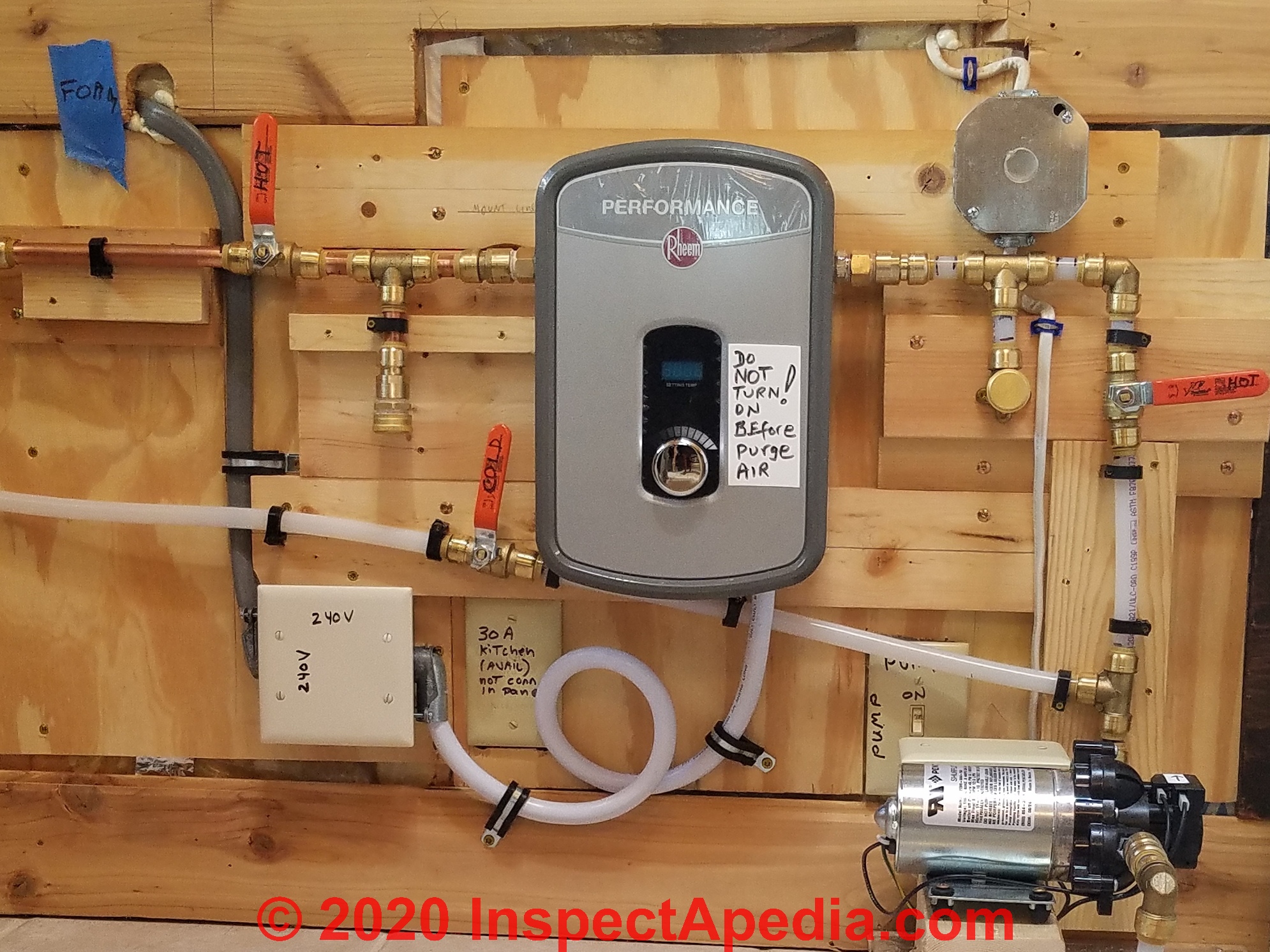

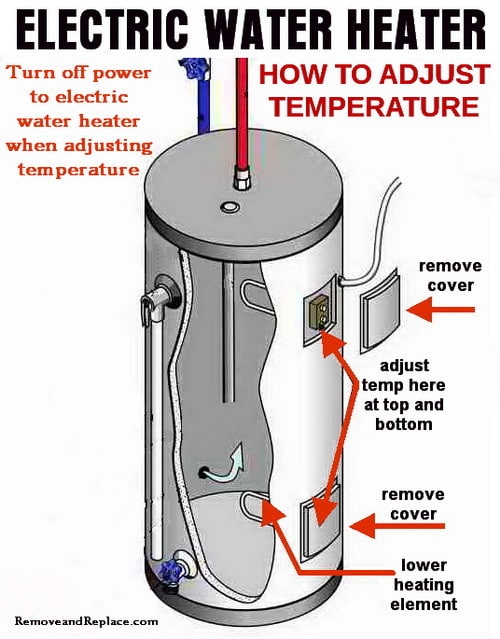
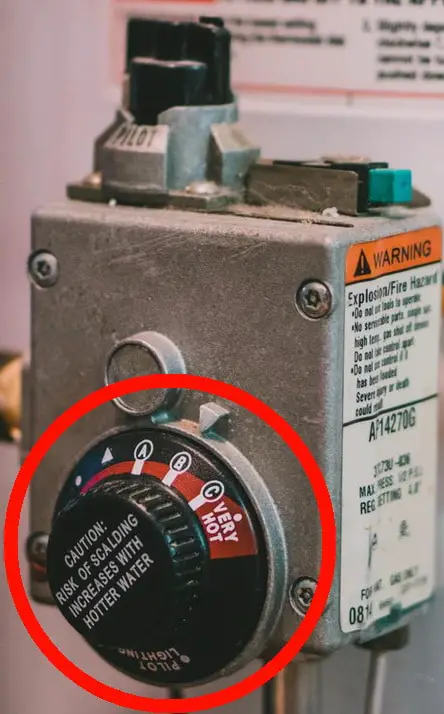
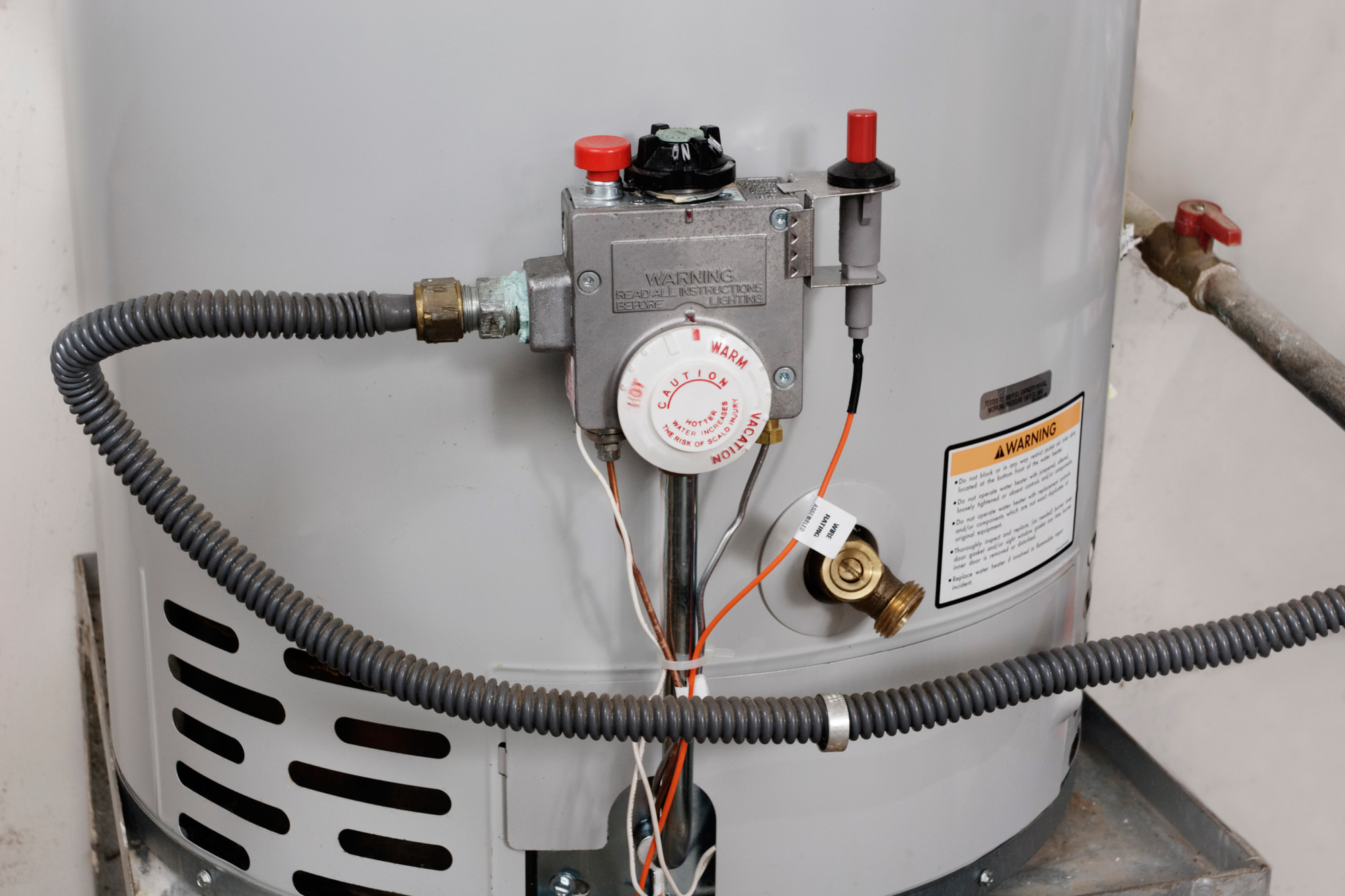
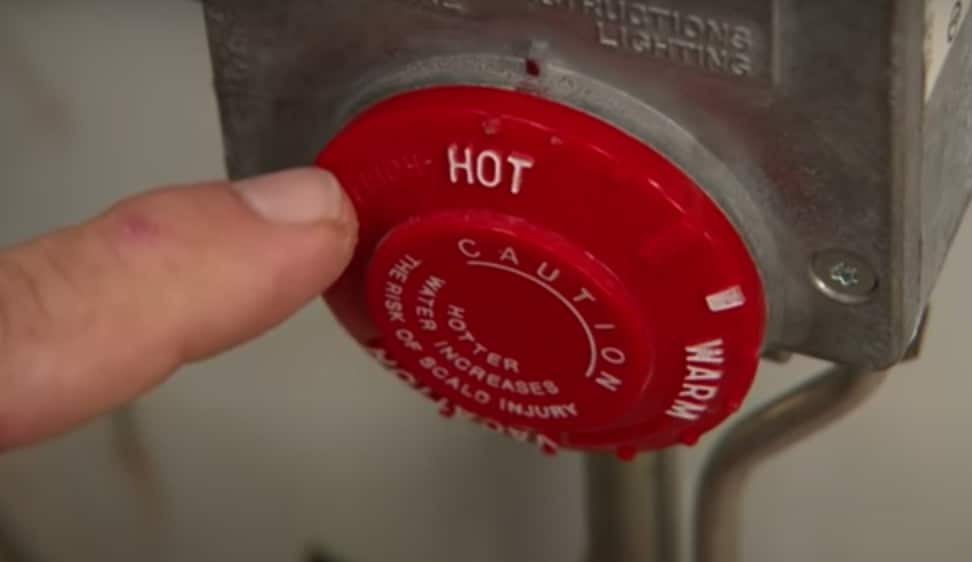

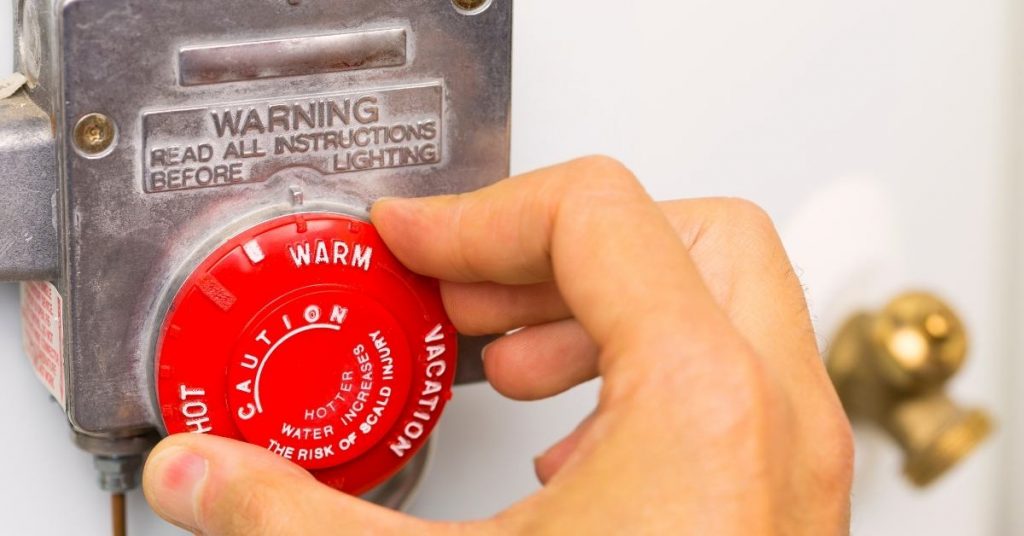




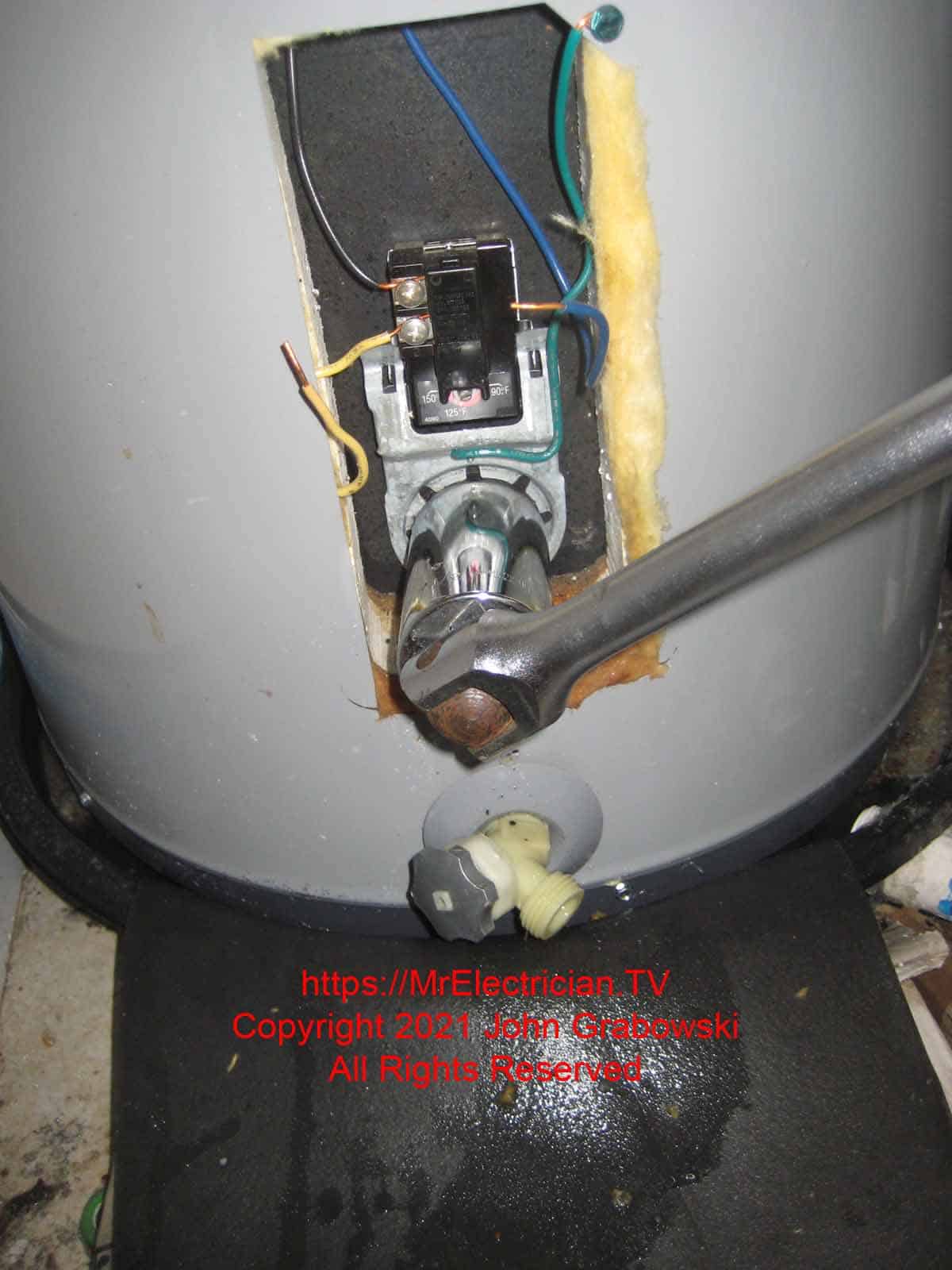
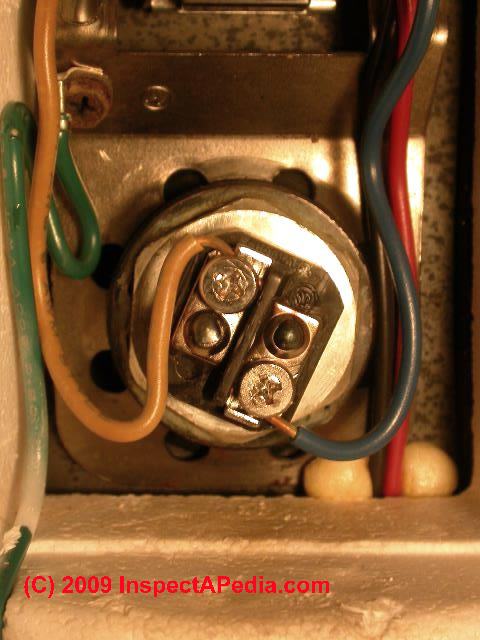
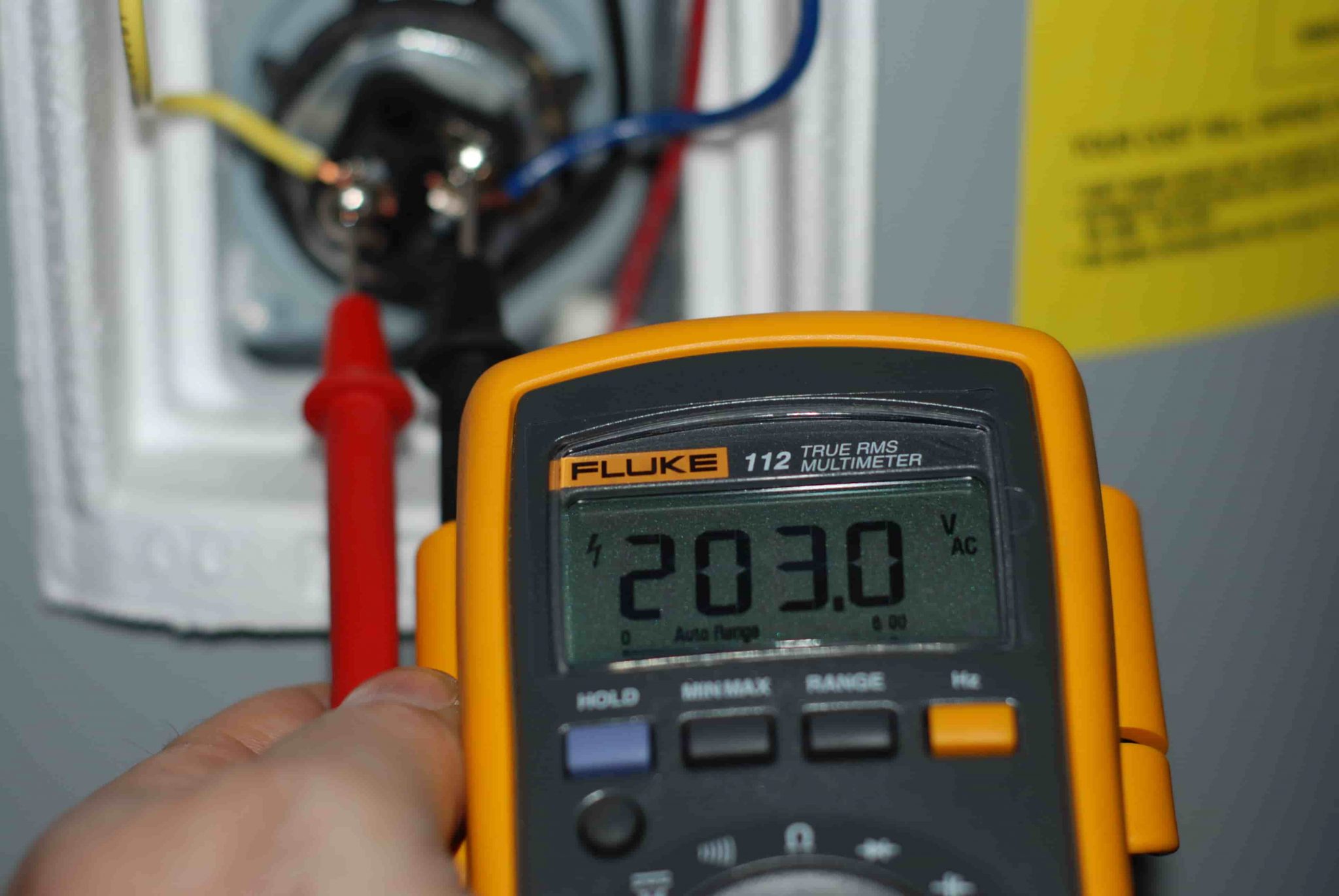

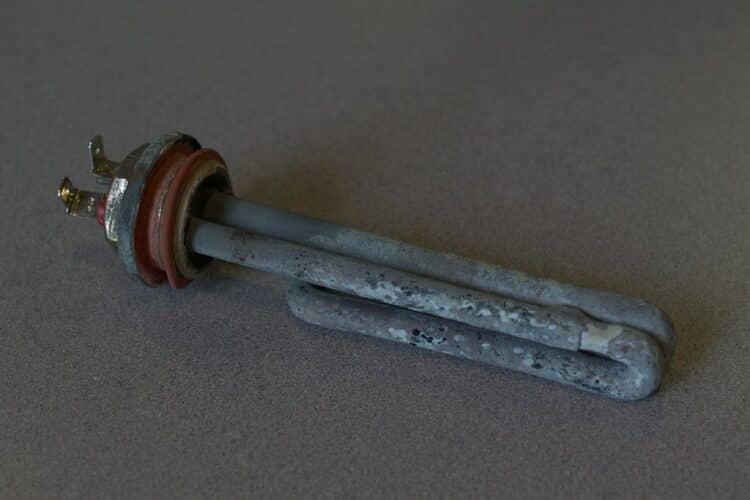






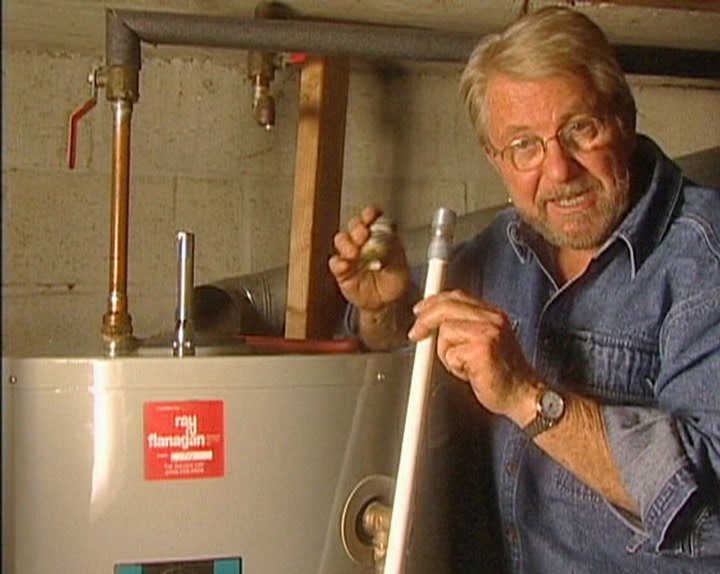




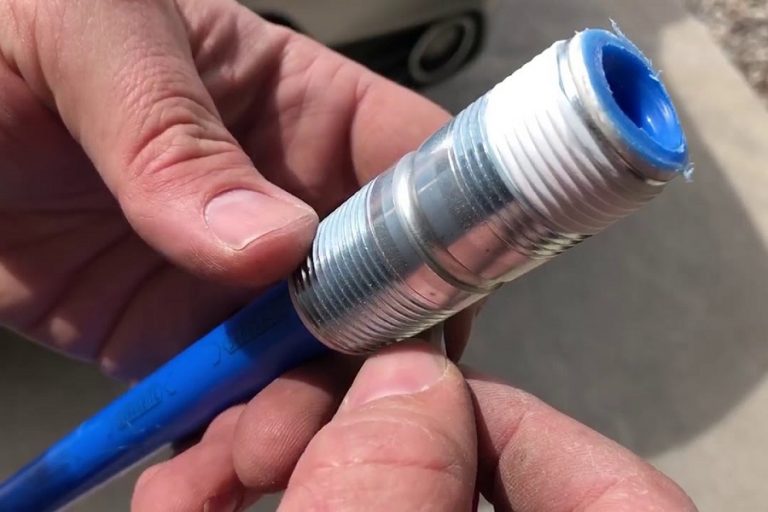


:no_upscale()/cdn.vox-cdn.com/uploads/chorus_asset/file/21904274/TOH_waterheater_01_5917.jpg)

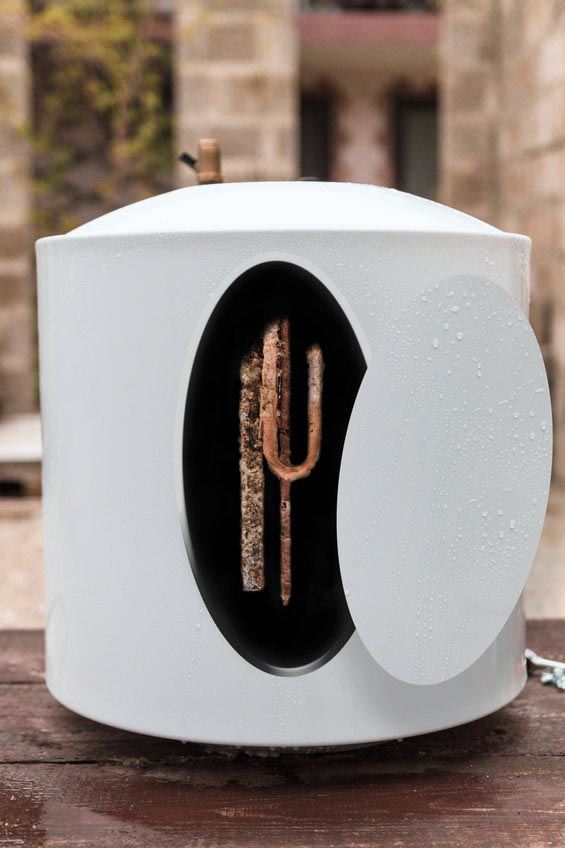
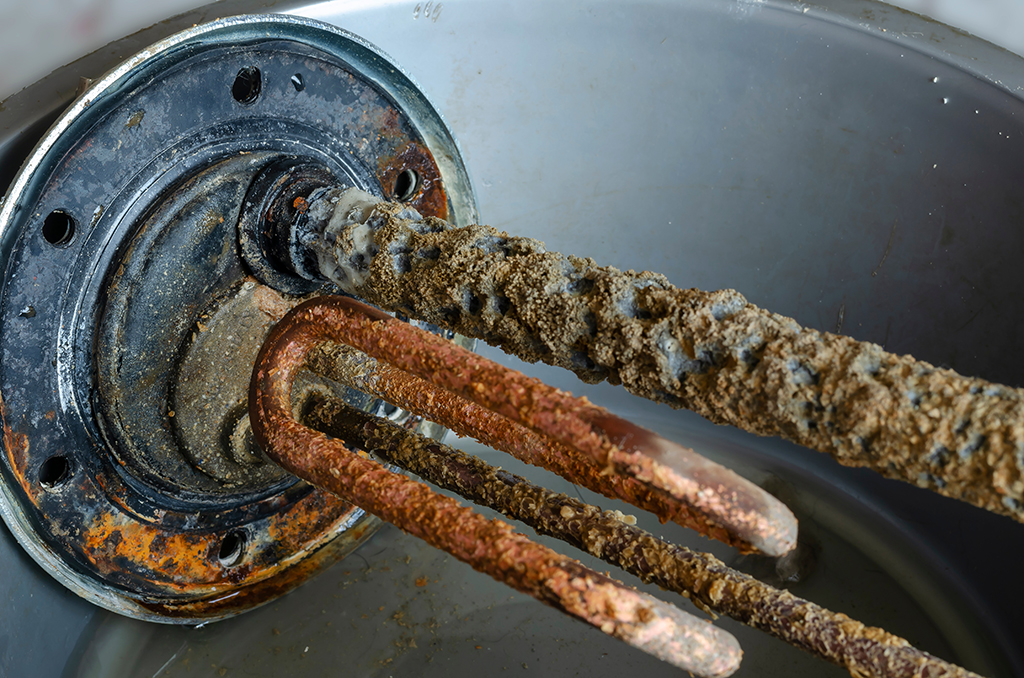
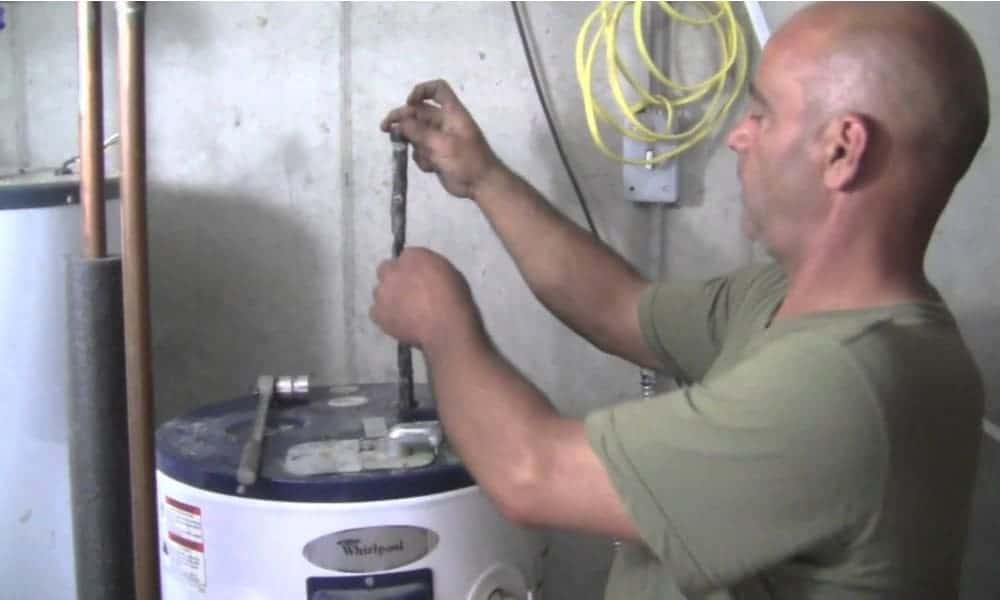
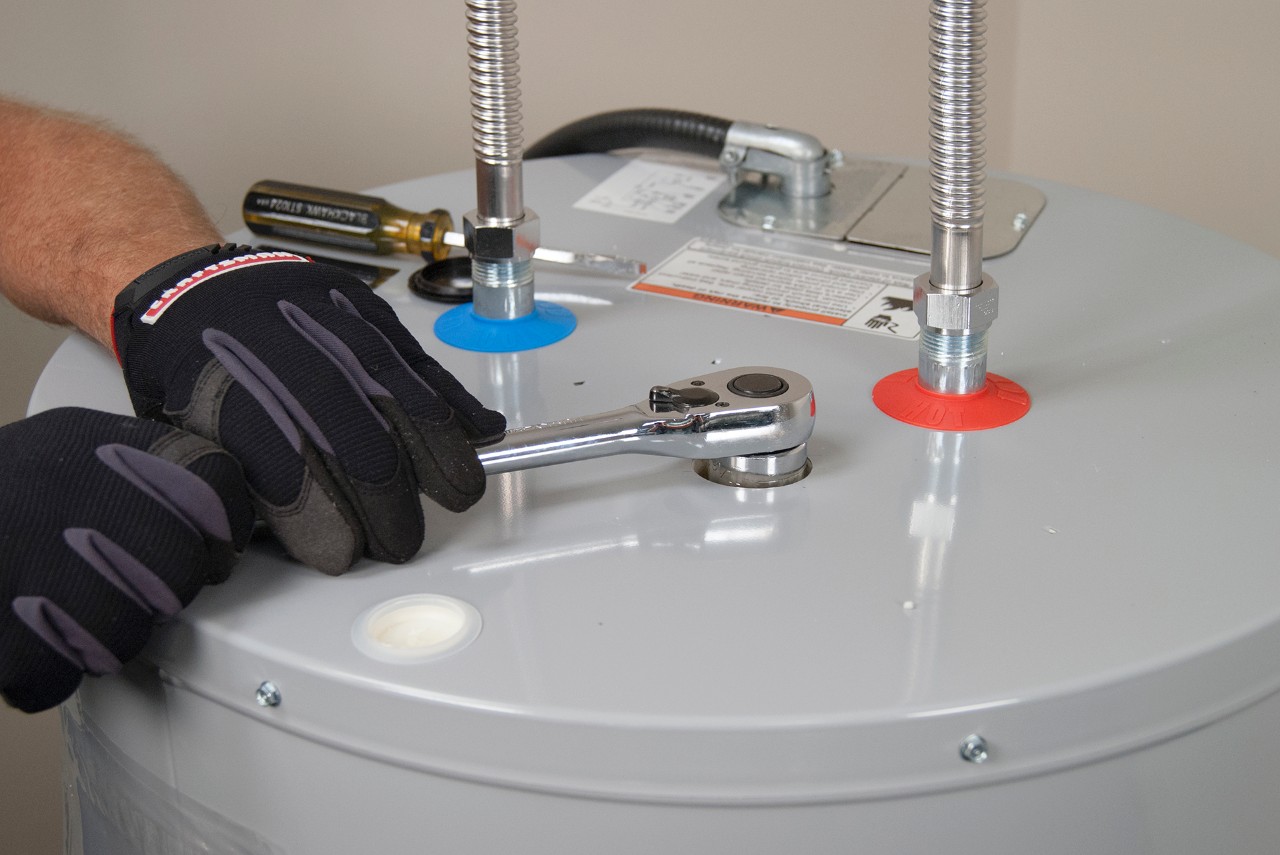
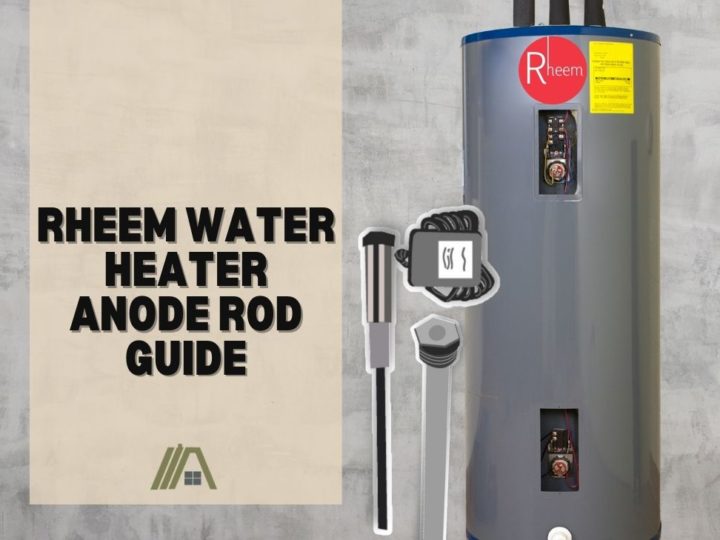
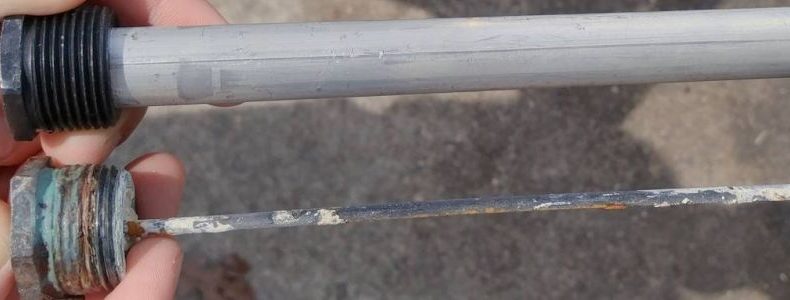
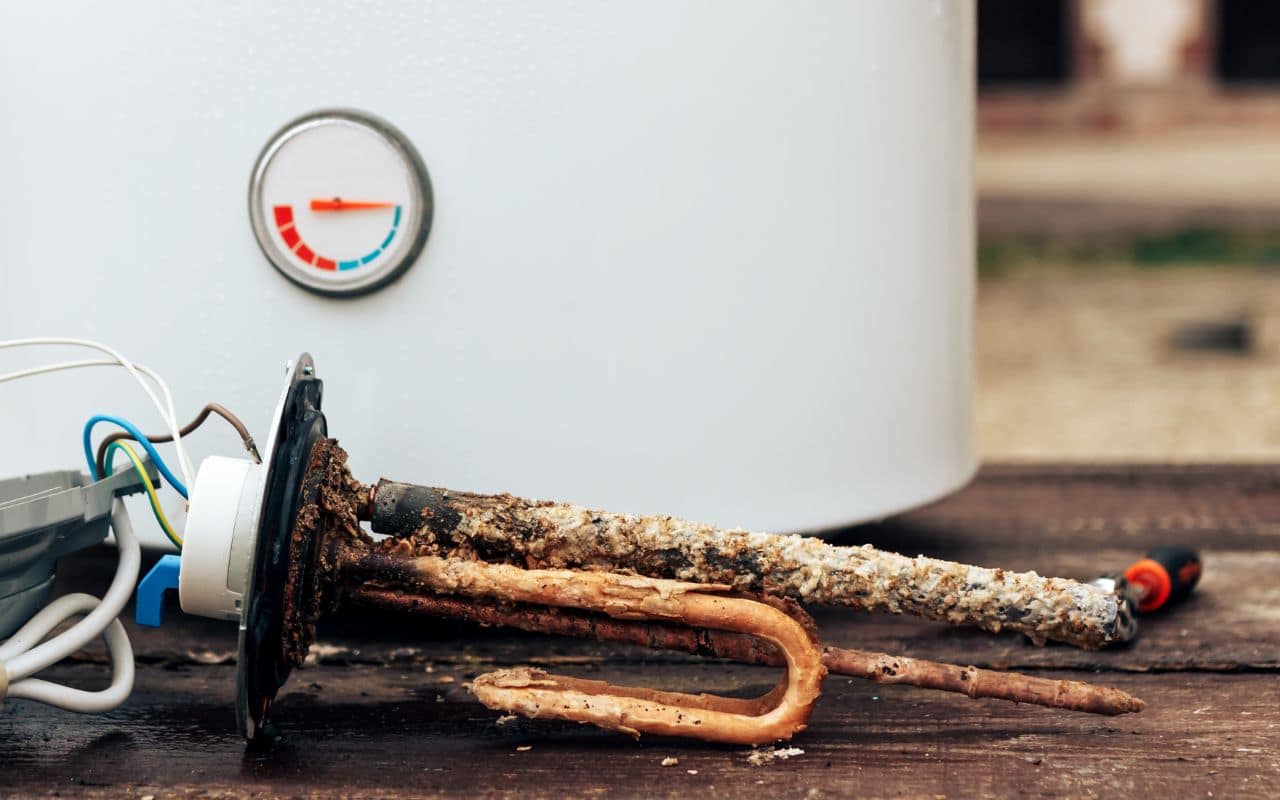
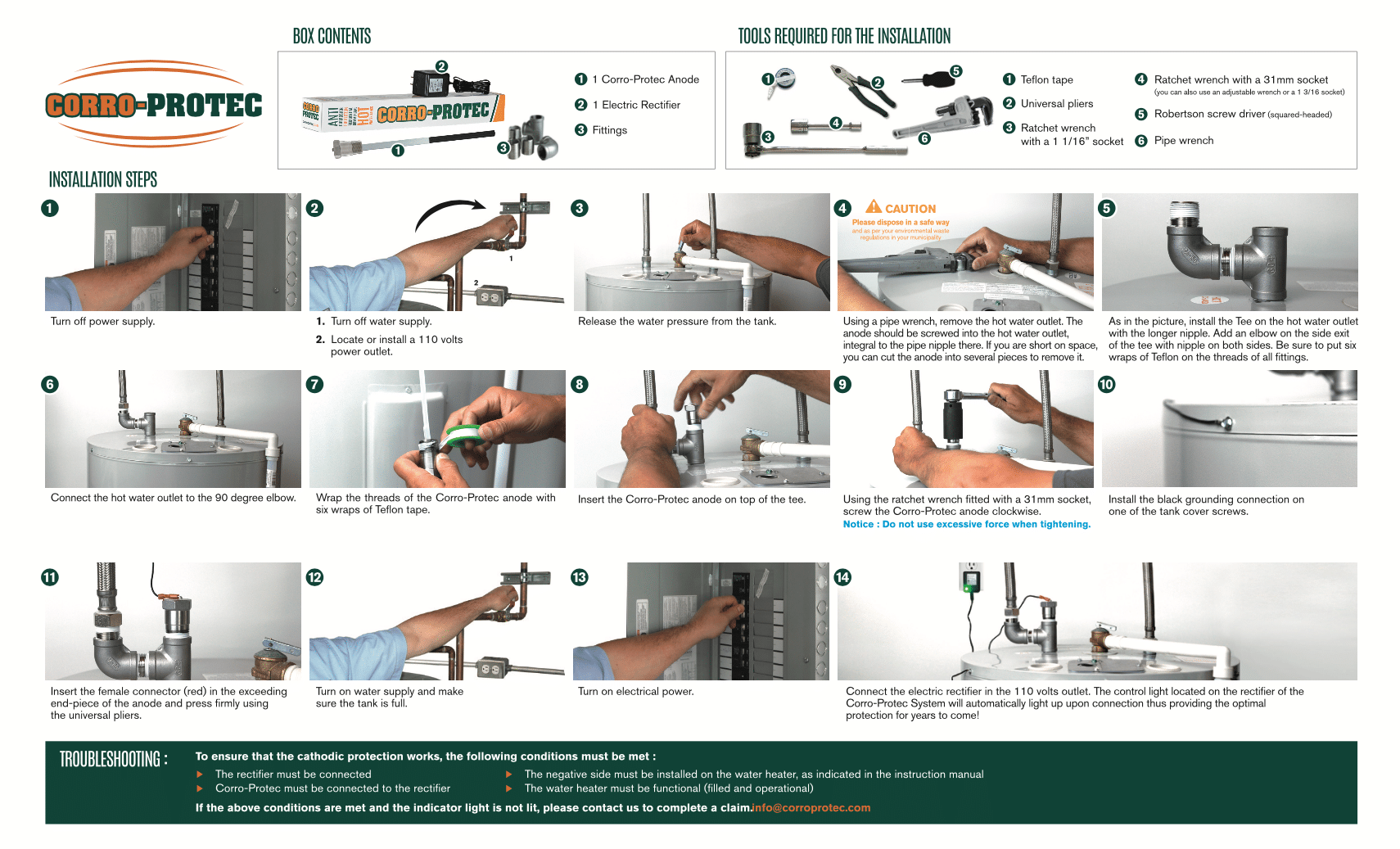
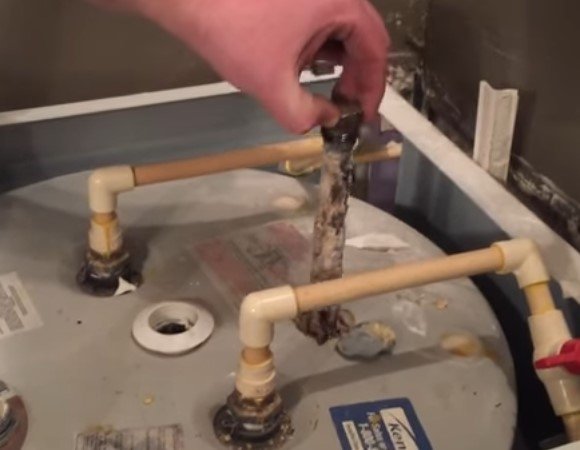


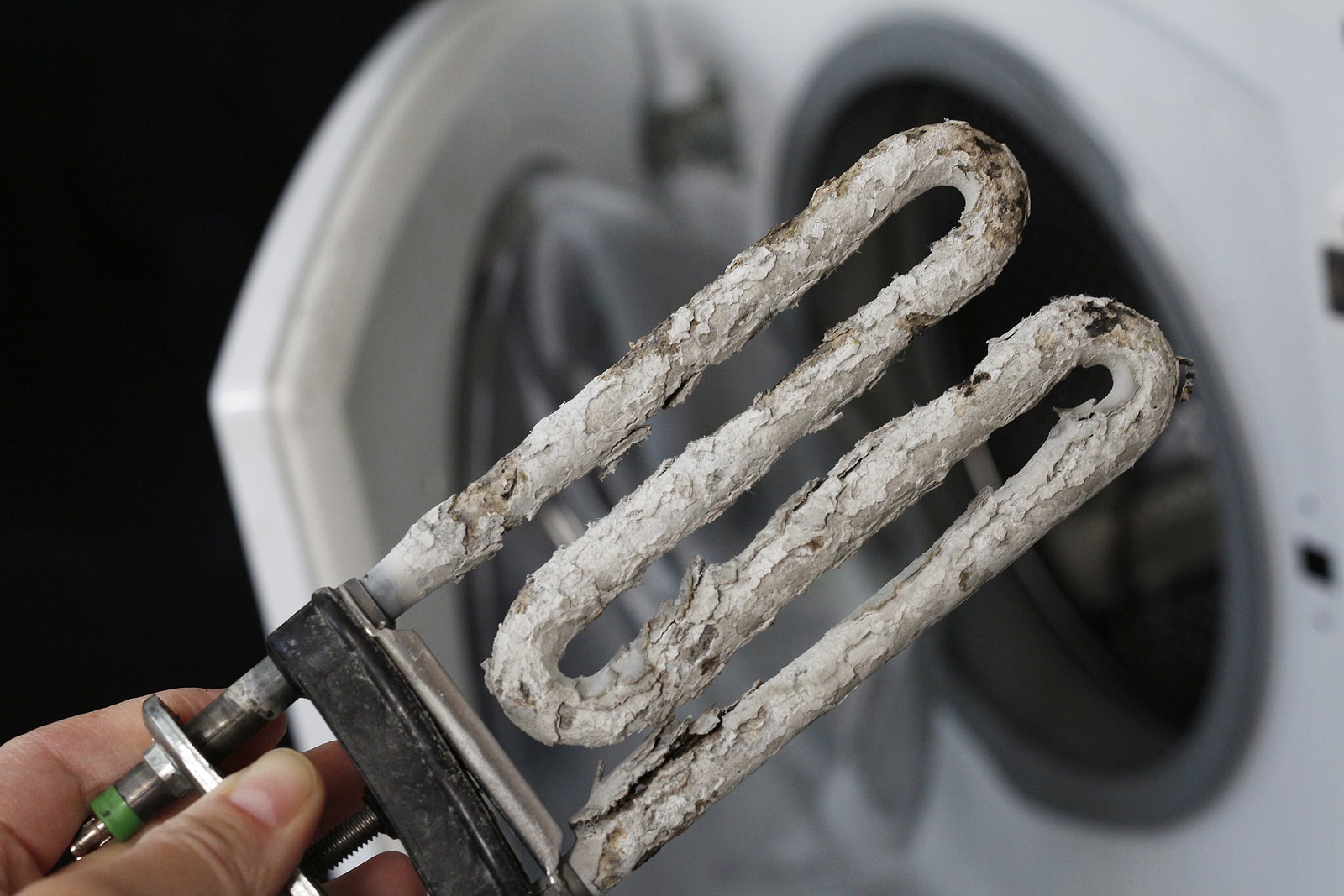
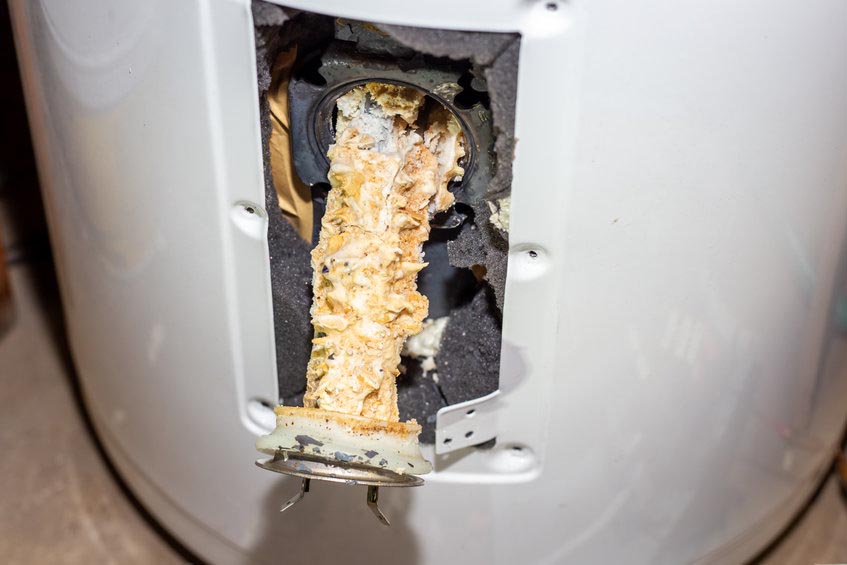
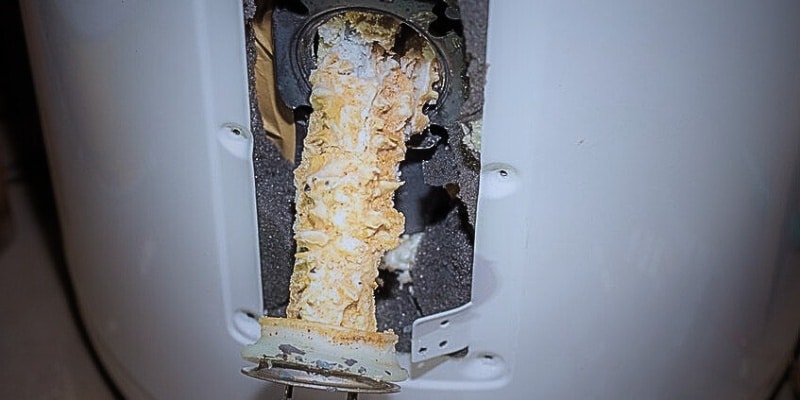
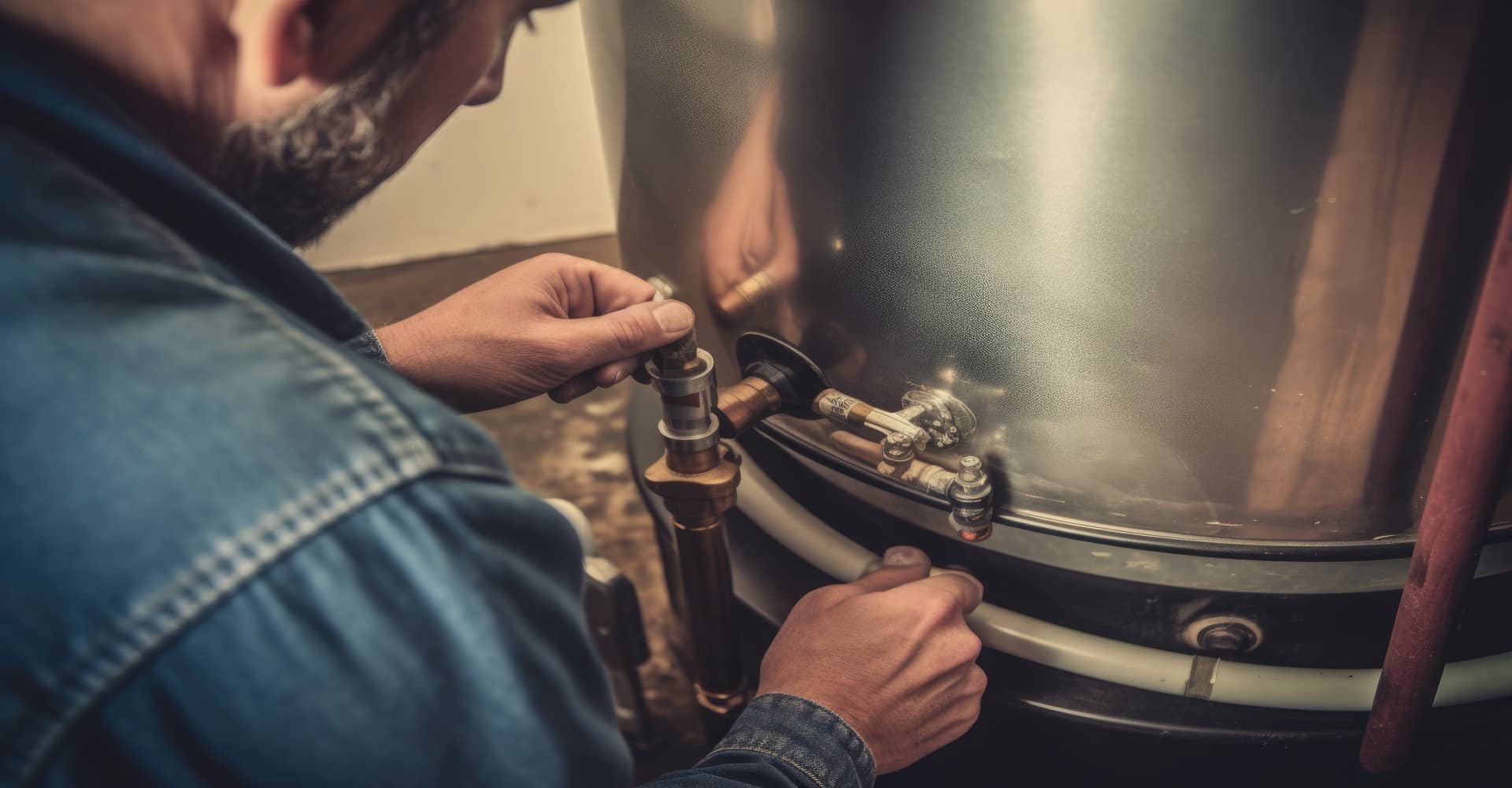
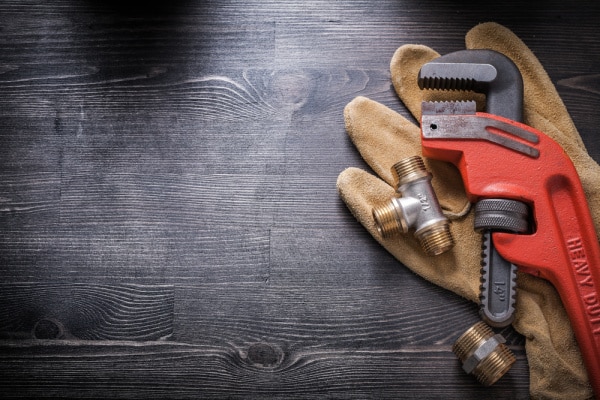
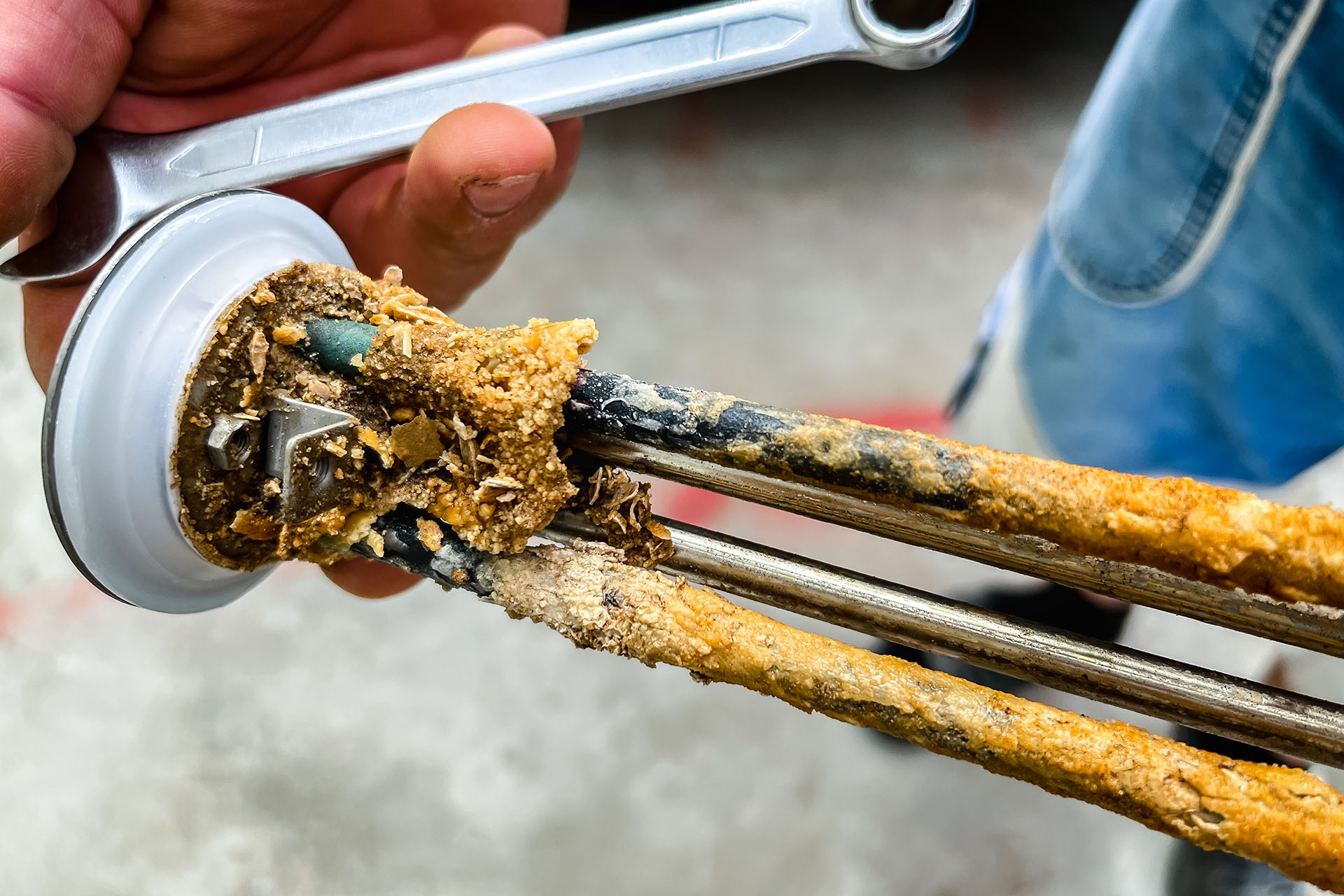
/AMI089-4600040ba9154b9ab835de0c79d1343a.jpg)





